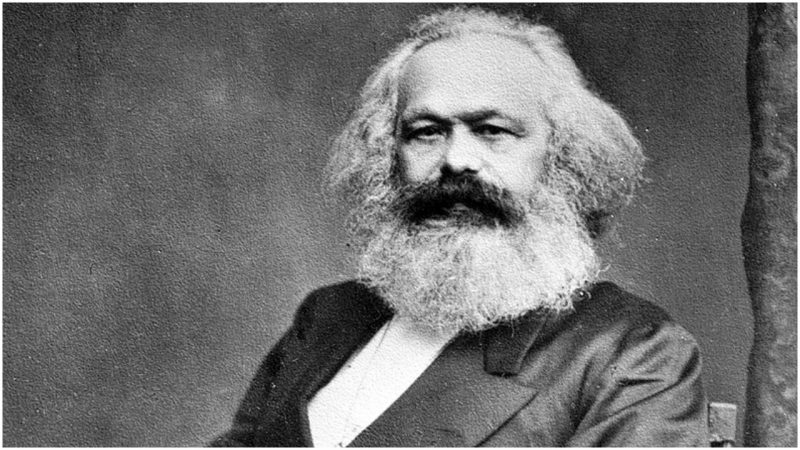On May 5th, followers of Karl Marx celebrated his 200th birthday. He is a highly controversial figure based on the theories he proposed in the 19th century and the actions taken in his name in the 20th century and beyond.
Karl Marx was born on May 5, 1818, in the city of Trier, in what is now modern Germany but was then known as Prussia. His parents were Heinrich and Henrietta Marx. They both came from a long line of religious Jewish scholars. However, Heinrich converted to Christianity just before the birth of Karl, becoming Lutheran in a mostly Catholic region. Henrietta converted a few years later. Karl Marx was baptized at the age of six and attended Lutheran schools in his childhood. At some point in his early life, Marx became an atheist and grew to hate all religion.
One of Marx’s most famous slogans described religion as “the opium of the people.” This is somewhat ironic as one prominent economist would later refer to “Marxism as a religion itself and Marx is the prophet.” Studying philosophy in university, Marx joined a radical group of intellectuals. After graduating, Marx worked as a journalist and became active in radical politics. It was around this time, in 1848, that he collaborated with Friedrich Engels to publish The Communist Manifesto.
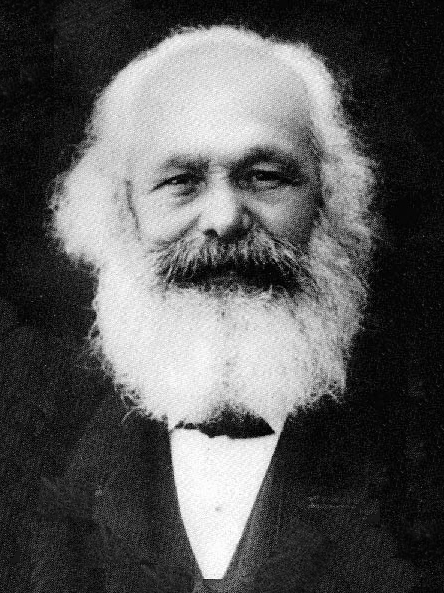
The essential philosophy of communism for Marx was that history itself was an ongoing process of staged changes in economic institutions. Therefore, in this view, capitalism was the second last stage of historical development. Communism was to be the final and victorious system. In this final stage of history, the lower classes of society would violently rise up and establish a communist utopia under a “dictatorship of the proletariat,” a society that would have no economic or social classes or inequalities.

History would thus come to an end, as it would have reached its highest form under communism. But this is the dilemma of Marx and communism. To establish an everlasting utopian society, Marx argued that violence would be necessary, even welcome. This laid the violent foundations for many of the movements that would later establish regimes based on The Communist Manifesto. Marx himself wrote The Communist Manifesto during turbulent times. A series of republican revolts had broken out against absolutist monarchies in Europe in 1848. Armed insurrections took place in Germany, France, Italy, and the Austrian Empire.
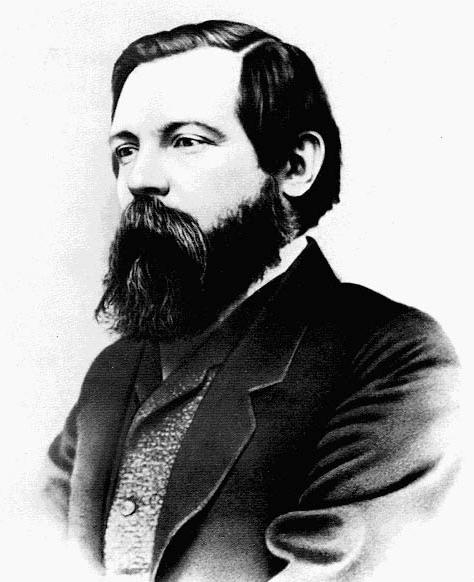
They all ended in failure and the backlash resulted in increased repression of dissent. Marx and other radical thinkers became increasingly disillusioned by these defeats. The first successful Marxist revolution would occur 34 years after the death of Marx, in Russia in 1917. After centuries of autocratic rule, the last Tsar of Russia had stepped down earlier in the year. Following a brief interlude, the fledgling republican provisional government was overthrown by Vladimir Lenin and the Bolsheviks, a political group that followed the writings of Marx closely, although under their own interpretation of his work.
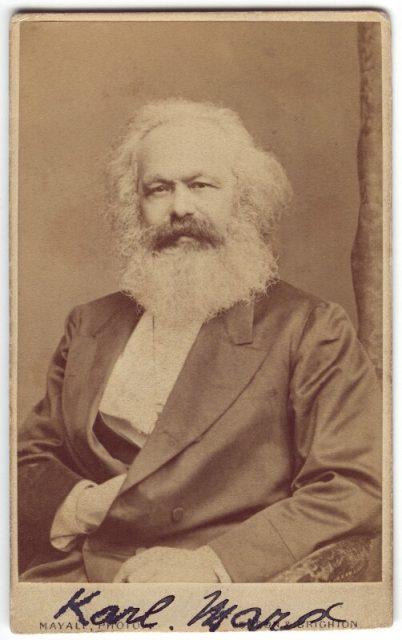
In China too, another dictatorial regime would be replaced by a communist one in 1947, under Mao Zedong. Countless other nations around the world would fall under the rule of communism or similar ideologies. Some countries still have governments in power that adhere to Marxist ideologies.
Estimates are that communist governments in the 20th century killed as many as 94 million people. Millions more were imprisoned. Karl Marx never explicitly called for genocide, but his writing encouraged the use of force to achieve communist goals. However, it was more than military violence that caused so many deaths. Widespread famines were sometimes facilitated by communist governments.
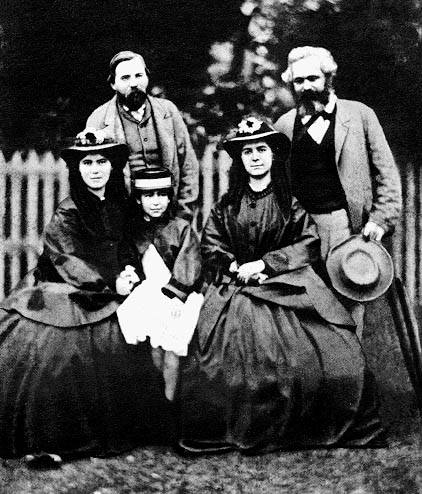
The largest examples were in China and Russia. Mao’s “Great Leap Forward” of agricultural reforms resulted in 45 million killed in China. Resisting attempts at agricultural peasant collectivization in the early 1930s, six to eight million people died in the Soviet Union under Joseph Stalin, mostly from the Ukraine region.
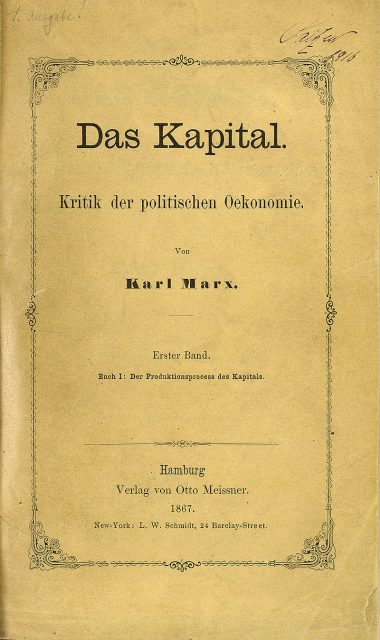
But the legacy of Karl Marx was not only political and economic. Other academic disciplines incorporated Marx’s ideas. Among them are theories based in philosophy, psychology, sociology, and literature. All Marxist study was based on the effects on the distribution of wealth and power within societies. As an example, Marxists would look at a work of literature and base their criticism of the work on the socioeconomic status of the author, as well as the economic system in place when the work was written.
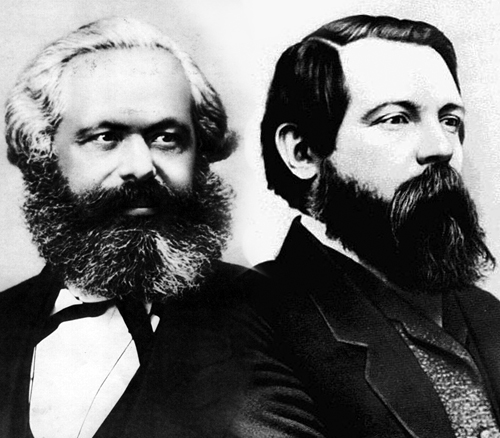
Karl Marx’s legacy is mixed. He was an important thinker of his time, who looked deeply at the plight of the poor and downtrodden, although Marx reportedly never walked into any of the industrial working factories that he wrote about.
His work also contributed ideas to a number of disciplines. But in the end, Marx’s writing resulted in some of the most repressive and murderous regimes in history
